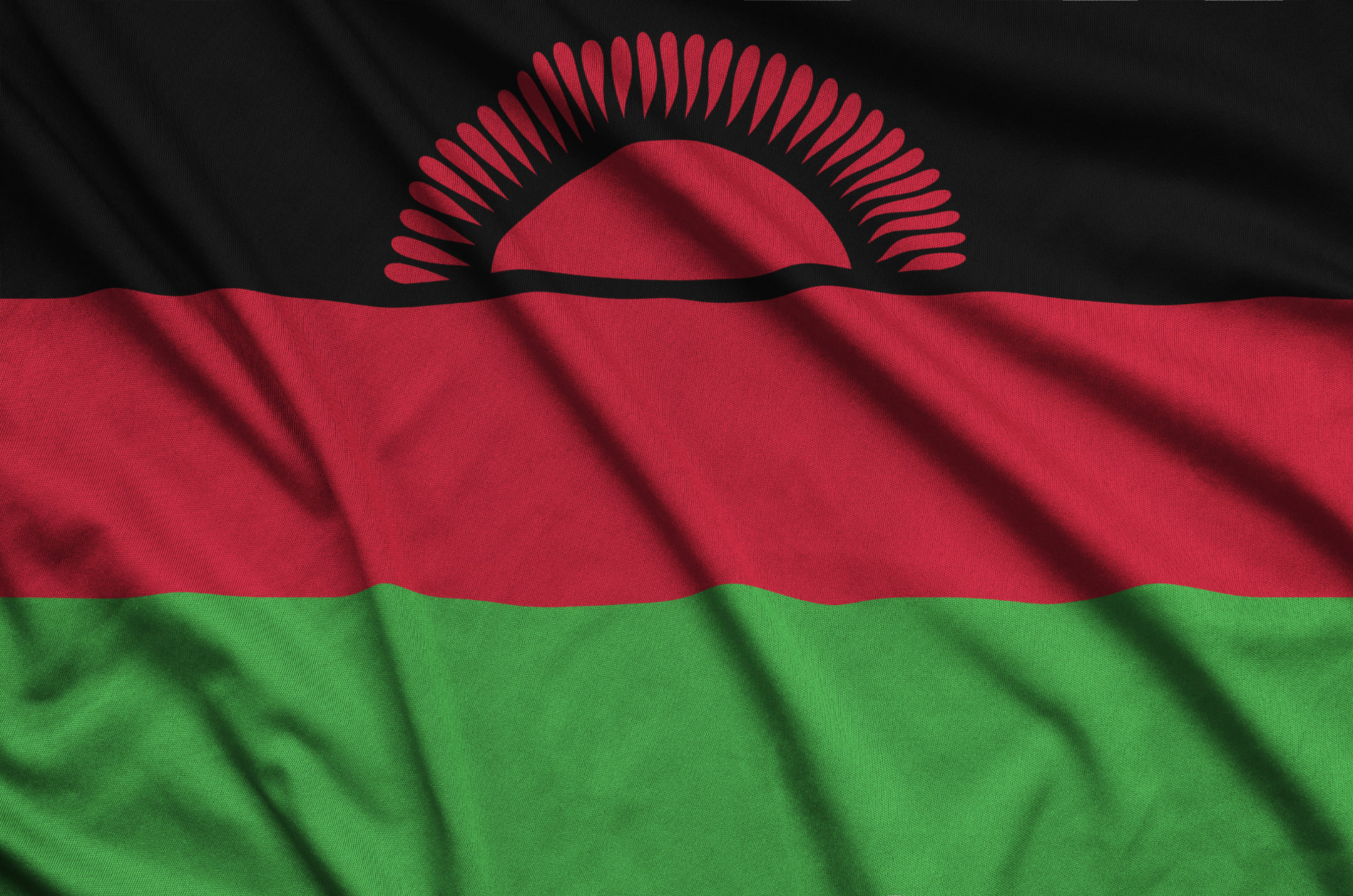
On 29 May 2023, a judicial review application was filed on behalf of refugees and asylum seekers in Malawi, challenging the detention of refugees and asylum seekers including children. The Applicants sought an interim relief (injunction) to restrain the Ministry of Homeland Security from detaining children and conducting mass indiscriminate arrests.
Background
On 27 March 2023, the Government of Malawi issued a directive mandating the voluntary relocation of all refugees outside designated areas back to Dzaleka camp within 14 days (Dzaleka camp is the only refugee camp in Malawi; built in 1994 and was designated to accommodate about 10, 000 refugees and asylum seekers but as of early May 2023, accommodated about 50,000 refugees and asylum seekers). On 17 & 18 May 2023, the Government, through the Ministry of Homeland Security and Malawi Police Services arrested and detained a total of 505 individuals suspected to be refugees, asylum seekers, and illegal immigrants and detained them at Maula prison. Of the 505 persons, 202 were males, 89 females and a concerning 117 children. The relocation from their homes to Dzaleka was accompanied by cruel, inhumane, and degrading treatment amounting to torture. Despite Malawi adopting the Comprehensive Refugee Response Framework at the Global Compact on Refugees-UN General Assembly which demonstrated its commitment to allow social, economic, and educational integration of refugees into Malawi’s community, refugees in Malawi have experienced systematic violation of their human rights during this relocation exercise. Refugees endured overcrowded conditions, physical abuse, lack of access to legal representation and family, detention without trial, and limited access to basic amenities such as food and menstrual pads. Families were torn apart, property was confiscated, and previously self-reliant asylum seekers were forced into overcrowded Dzaleka camp losing their means of sustenance.
This is not the first case where the Government of Malawi has threatened to implement its relocation exercise. In 2020, following an encampment policy which the Malawi Government adopted when acceding to the 1951 Convention Relating to the Status of Refugees reservations it made to Article 26 of the Convention, the Malawi Government stated that all refugees and asylum seekers residing in undesignated places in rural areas of Malawi should go back to Dzaleka. The refugee community met this with resistance and sought judicial review of the decision. The High Court dismissed the refugees’ appeal against the government’s decision stating that the Applicants had no locus standi. Later in November 2022, the Malawi government, through the Ministry of Homeland Security, restated its earlier decision to relocate refugees and extended the exercise to refugees in urban areas. The government set deadlines for the relocation exercise – 30 November 2022 for refugees residing in rural areas and 1 February 2023 for refugees for refugees in urban areas. Malawi’s Minister of Homeland Security, Jean Sendeza, said the returns were in line with rules against refugees working or living outside the camp. However, it is common populous’ critique amongst Malawians that the relocation exercise and violation of refugees’ rights is mainly due to the Government of Malawi feeling pressure to meet their initial campaign pledges: the creation of one million jobs, financing small and medium scale businesses and improving the livelihoods of Malawian youths mired in abject poverty.
In the High Court of Malawi
The High Court, sitting in Lilongwe is yet to hear the application filed by CHREAA on behalf of the refugees and asylum seekers who are challenging the constitutionality of their arrest and detention. .
The Applicants are being represented by Ruth Kaima of the Centre for Human Rights, Education, Advice and Assistance along with Felisah Kilembe-Mitambo of Tembenu, Kilembe & Co. The Southern Africa Litigation Centre is providing support in the case.



